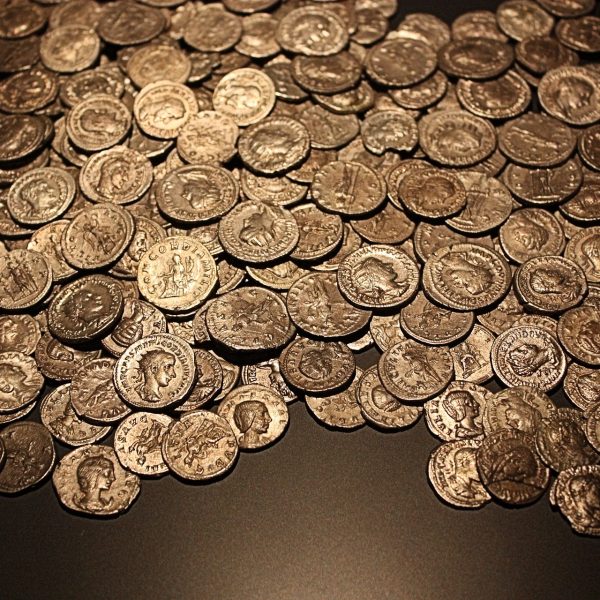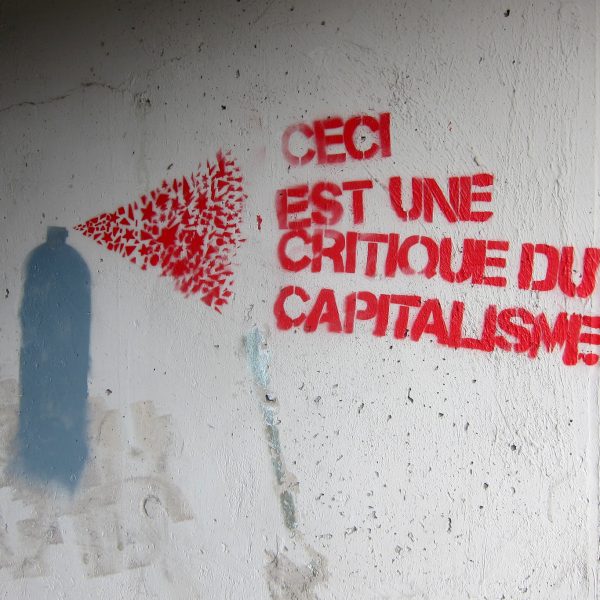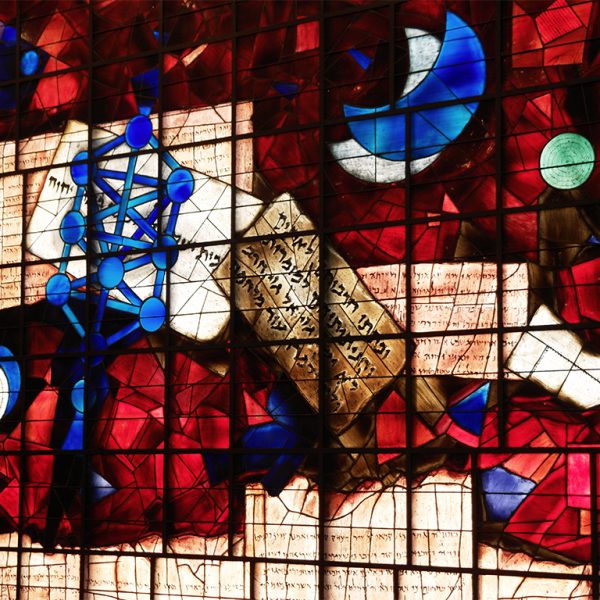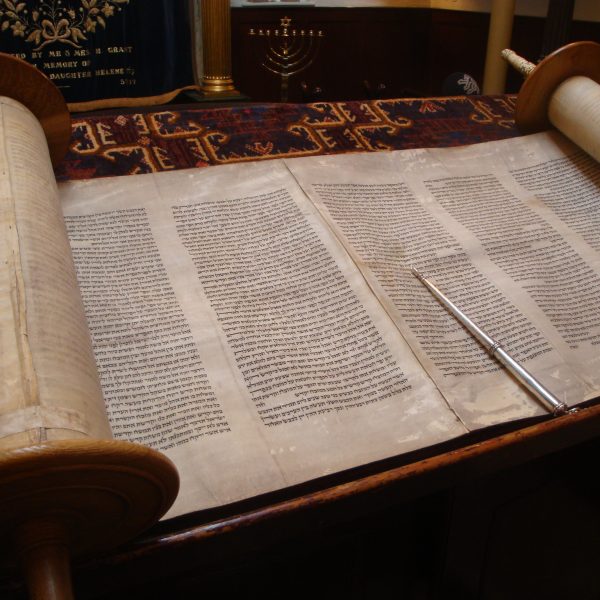
The rabbinic formation of the goy involved a whole project of Othering, whose medium and toolkit was provided by halakhic discourse, while its ideology was supplemented by the aggadic midrash, where goy is presented as a conduit for the presence of God in the human world and a sure trace for His steps in history.
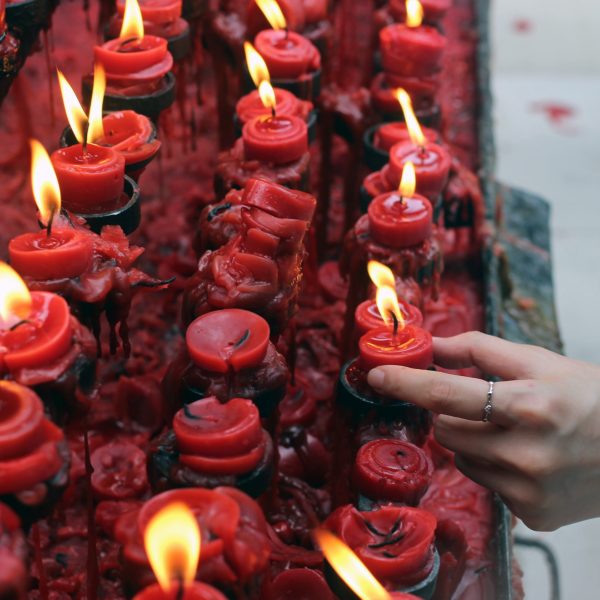
Our only hope is that the God who will raise us, the God whose justice is glorified, will eventually make all things right. Our trust in our just God should be evident in our words and our works as we live out the proclamation of the gospel.
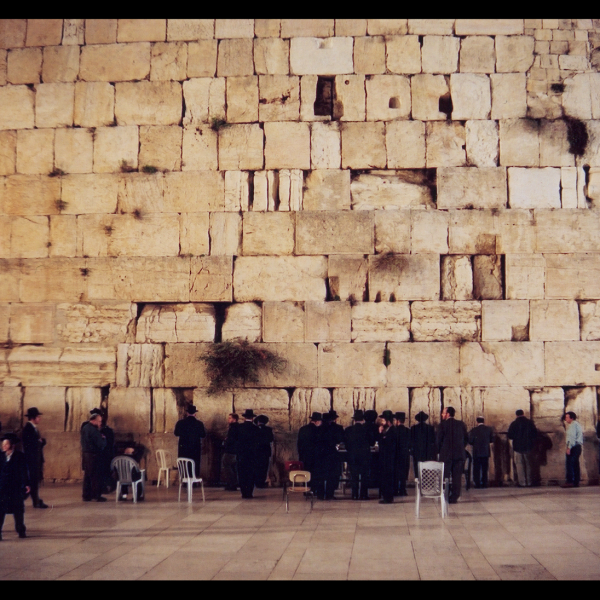
The Jews is the great constant of this book, persisting from Old Testament to Tel Aviv, as an ahistorical collective, undisturbed by text and politics, what the book calls ethnos, goy. This book’s apriori is the Jews as a goy.
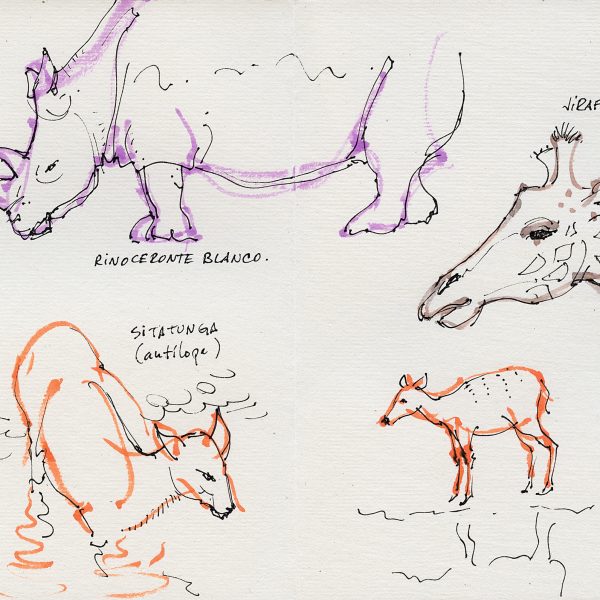
When the authors speak of “our contemporary,” they must be wary of homogenizing the radically diversified world of contemporary Jewry and their equally diversified others.

The only true way to achieve success—even success in bringing justice to those who seek it, redistributing wealth towards the poor, and divesting oppressive hierarchies of their power—is to place our faith in God’s will for the world, and to follow God’s will for our lives, no matter where it leads.
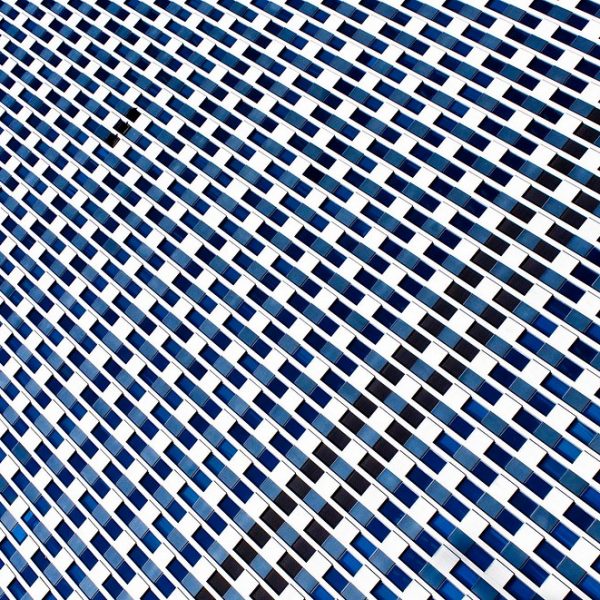
Join us for a live stream of the third and final plenary of #PTNCon2019.

Join us for a live stream of the second plenary of #PTNCon2019.

The Prophet Jeremiah announced a gift that refers not only to the repopulating of the land after the exile, but also speaks about the renewal of hearts, a covenantal gift rooted in God that would renew the people of God at all levels of society.

Once you see the penis-centric phrase “the uncircumcised”— some version of it appears in many, if not most of the ancient texts in the corpora mentioned in the book— it’s hard not to notice that, however empty a signifier goy may be, it still signifies something about the male body.
